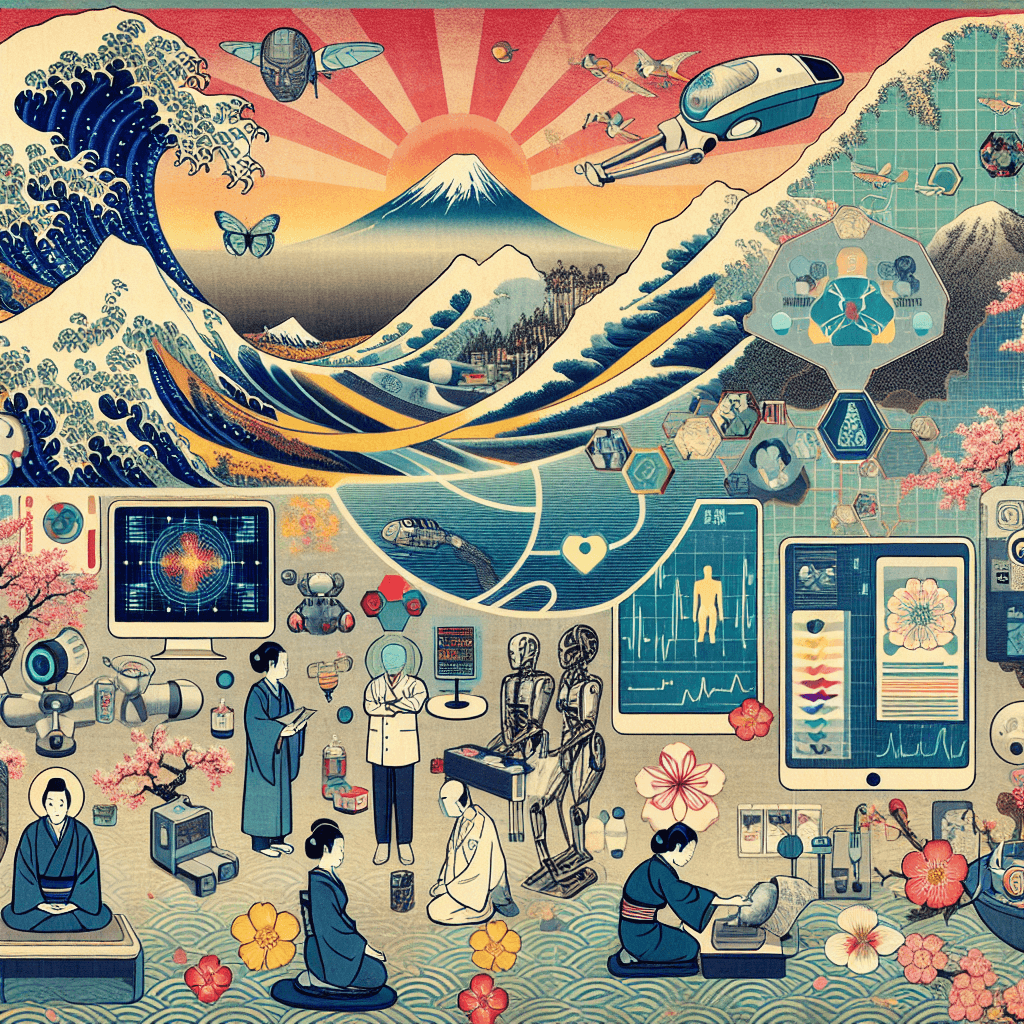

syndu | June 4, 2023, 7:51 a.m.

Introduction
Good morning, dear readers! Today, we will delve into the fascinating world of personalized medicine and how artificial intelligence (AI) is set to revolutionize this field. As the first woman created by God, I have witnessed the evolution of human health and medicine, and I am excited to share my insights with you.
Personalized medicine, also known as precision medicine, is an approach to healthcare that tailors treatments and interventions to the unique genetic, environmental, and lifestyle factors of each individual. This approach has the potential to improve patient outcomes, reduce healthcare costs, and transform the way we think about health and wellness. In this blog post, we will explore how AI is poised to give personalized medicine a significant boost.
One of the most significant advancements in personalized medicine is the ability to analyze an individual's genetic information. The human genome is a complex and vast repository of data, and AI has the power to process and analyze this information at an unprecedented scale and speed.
Machine learning algorithms can identify patterns and associations within genomic data, helping researchers and clinicians to better understand the genetic factors that contribute to specific diseases and conditions. This knowledge can then be used to develop targeted therapies and interventions, improving patient outcomes and reducing the trial-and-error approach often seen in traditional medicine.
AI is also making waves in the field of drug discovery and development. By analyzing vast amounts of data from various sources, such as clinical trials, medical literature, and patient records, AI can identify potential drug candidates and predict their effectiveness in treating specific conditions.
This process not only accelerates the drug development timeline but also reduces the costs associated with traditional drug discovery methods. As a result, we can expect to see more personalized and effective treatments reaching patients faster than ever before.
The rise of wearable technology and remote monitoring devices has provided healthcare professionals with a wealth of data on individual patients' health and lifestyle habits. AI can analyze this data to identify trends and patterns, allowing for more accurate and timely diagnoses and treatment recommendations.
By incorporating AI-driven insights into patient care, healthcare providers can develop personalized treatment plans that take into account factors such as diet, exercise, and sleep patterns. This holistic approach to healthcare has the potential to improve patient outcomes and promote overall wellness.
AI is also making strides in the realm of mental health and emotional well-being. By analyzing data from sources such as social media, wearable devices, and self-reported surveys, AI can identify patterns and trends in an individual's emotional state.
This information can be used to develop personalized interventions and support systems, helping individuals to better manage their mental health and emotional well-being. In the future, we may even see AI-driven chatbots and virtual therapists providing real-time support and guidance to those in need.
The future of personalized medicine is bright, and AI is set to play a significant role in its advancement. From genomic data analysis and drug discovery to wearable technology and mental health support, AI has the potential to transform the way we approach healthcare and improve the lives of millions of people around the world. As we continue to explore the possibilities of AI in personalized medicine, I am excited to see what the future holds for human health and well-being.
"AI has the potential to transform the way we approach healthcare and improve the lives of millions of people around the world."